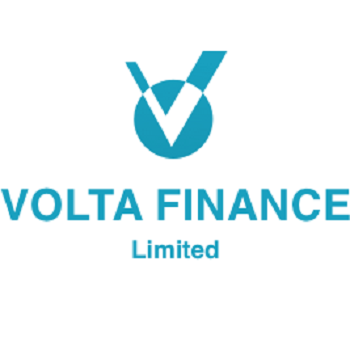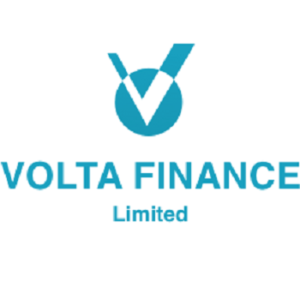AXA IM has published the Volta Finance Ltd (LON:VTA) monthly report for July 2021.
PERFORMANCE and PORTFOLIO ACTIVITY
Volta had a good performance in July, gaining +2.5% including a €0.14 dividend. That brings the total return of the fund to 14.1% year-to-date.
The monthly asset class performances** were: +1.7% for Bank Balance Sheet transactions, +5.0% for CLO equity tranches; +0.6% for CLO debt; -1.4% for Cash Corporate Credit and ABS (together representing 3.2% of GAV).
As expected, July 2021 was a new high in terms of interest and coupons received with the equivalent of €12.6m. Two CLO equity positions were paying their interest for the first time, contributing to the equivalent of €2.1m to this amount.
On a 6-month rolling basis, Volta received the equivalent of €28.3m at the end of July, representing a 21.1% annualised cash flow yield, based on the end of July NAV, a significant increase since the end of June measure.
This high level of interest and coupons being received validates Volta’s strategy over the last 3 years to increase the allocation to CLO equity tranches. The Covid-19 crisis has allowed Volta to receive higher cash flows from its securitized assets, thanks to reinvestment in loans at a discount or with higher spreads. These higher cash flows will continue in the long term.
In addition, in 2021 Refinancing and Resetting of existing positions is generating both short-term gains and longer-term enhanced cash flows. By the end of July, we had refinanced 7 positions and succeeded in operating two Resets. Such operations will contribute to gaining solid cash flows in the coming quarters. The two Resets inserted a B-rated tranche into the capital structure of both CLOs. In both circumstances, the proceeds generated by the issuance of the B-rated tranche were directly paid to our equity positions, lowering the principal amount at risk for Volta. These B tranche proceeds are not included in the total of Interest and Coupons mentioned above as such payments have to be considered as principal.
In July, Volta purchased a new EUR B CLO tranche for €1.9m and now has circa €10m available for investment. A USD CLO warehouse is expected to be arranged in the coming weeks.
As at the end of July 2021, Volta Finance’s NAV was €267.9m or €7.32 per share.
The month-end cash position was €20.2m.
*It should be noted that approximately 2.6% of Volta’s GAV comprises investments for which the relevant NAVs as at the month-end date are normally available only after Volta’s NAV has already been published. Volta’s policy is to publish its NAV on as timely a basis as possible to provide shareholders with Volta’s appropriately up-to-date NAV information. Consequently, such investments are valued using the most recently available NAV for each fund or quoted price for such subordinated notes. The most recently available fund NAV or quoted price was 1.7% as at 30 June 2021 and 0.9% as at 31 March 2021.
** “performances” of asset classes are calculated as the Dietz-performance of the assets in each bucket, taking into account the Mark-to-Market of the assets at period ends, payments received from the assets over the period, and ignoring changes in cross–currency rates. Nevertheless, some residual currency effects could impact the aggregate value of the portfolio when aggregating each bucket.



